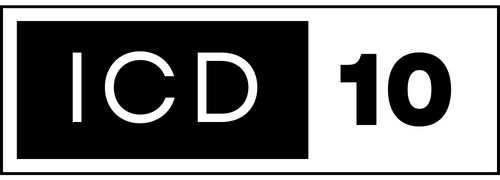- Standardization: The ICD-10 list provides a standardized system for classifying and coding medical conditions and procedures. This helps ensure that healthcare providers are using a consistent language and methodology for documenting and reporting patient care.
- Improved Accuracy: By using ICD-10 codes, healthcare providers can improve the accuracy of their documentation and coding. This can lead to more accurate diagnoses, treatment plans, and billing.
- Reimbursement: ICD-10 codes are used to bill insurance providers and government payers for healthcare services. By using accurate and specific codes, healthcare providers can ensure that they are being reimbursed appropriately for the care they provide.
- Research: The ICD-10 list is used by researchers to study disease patterns, track health trends, and evaluate the effectiveness of treatments. By using a standardized system for classifying medical conditions and procedures, researchers can more easily compare and analyze data from different sources.
- Public Health: The ICD-10 list is also used by public health officials to monitor and track disease outbreaks, identify health disparities, and develop public health policies and interventions. By using a standardized system for coding and reporting, public health officials can more effectively monitor and respond to public health threats.
